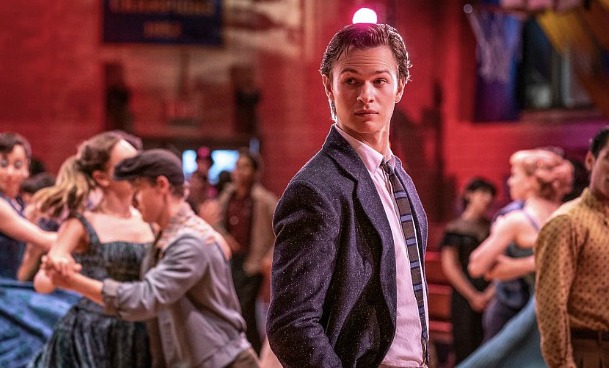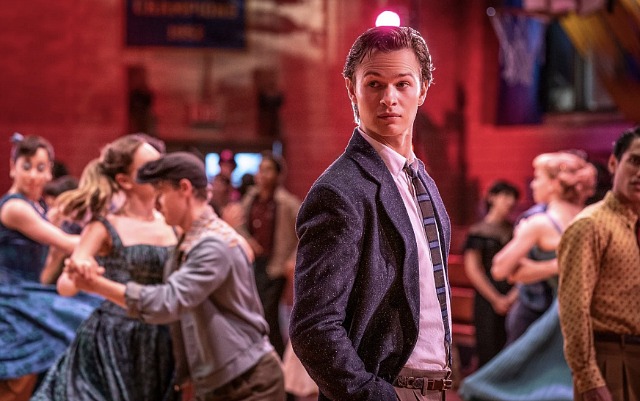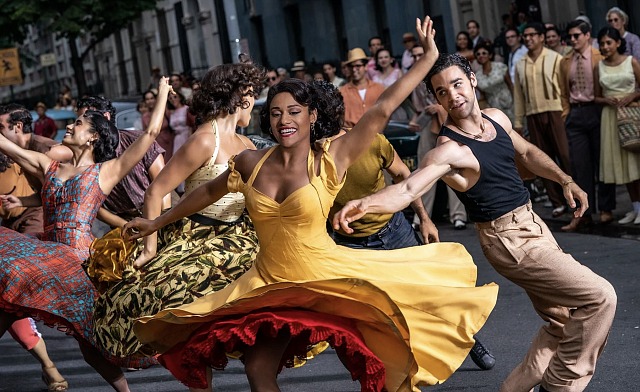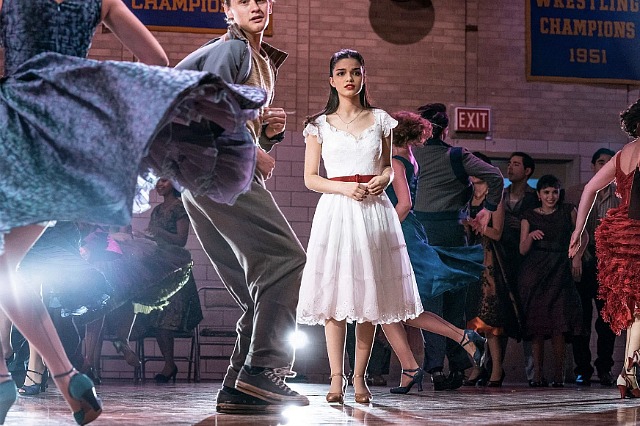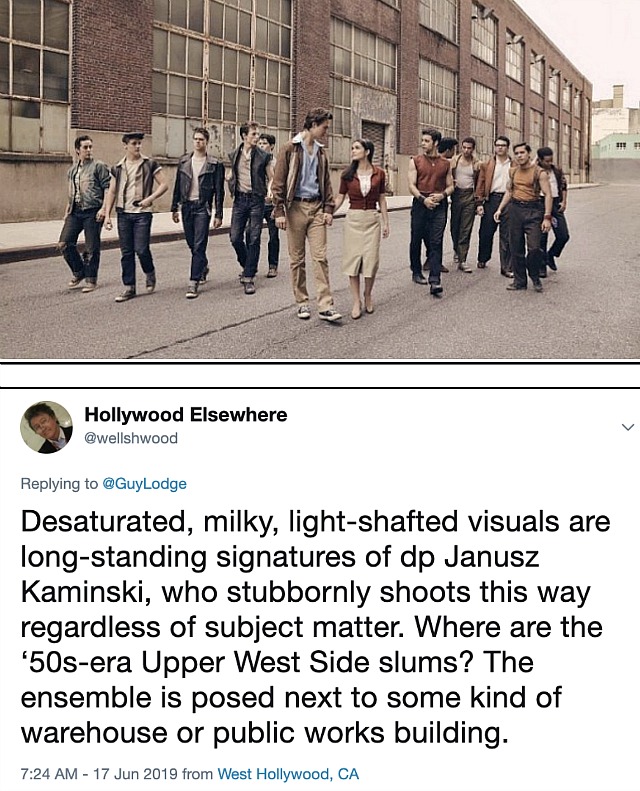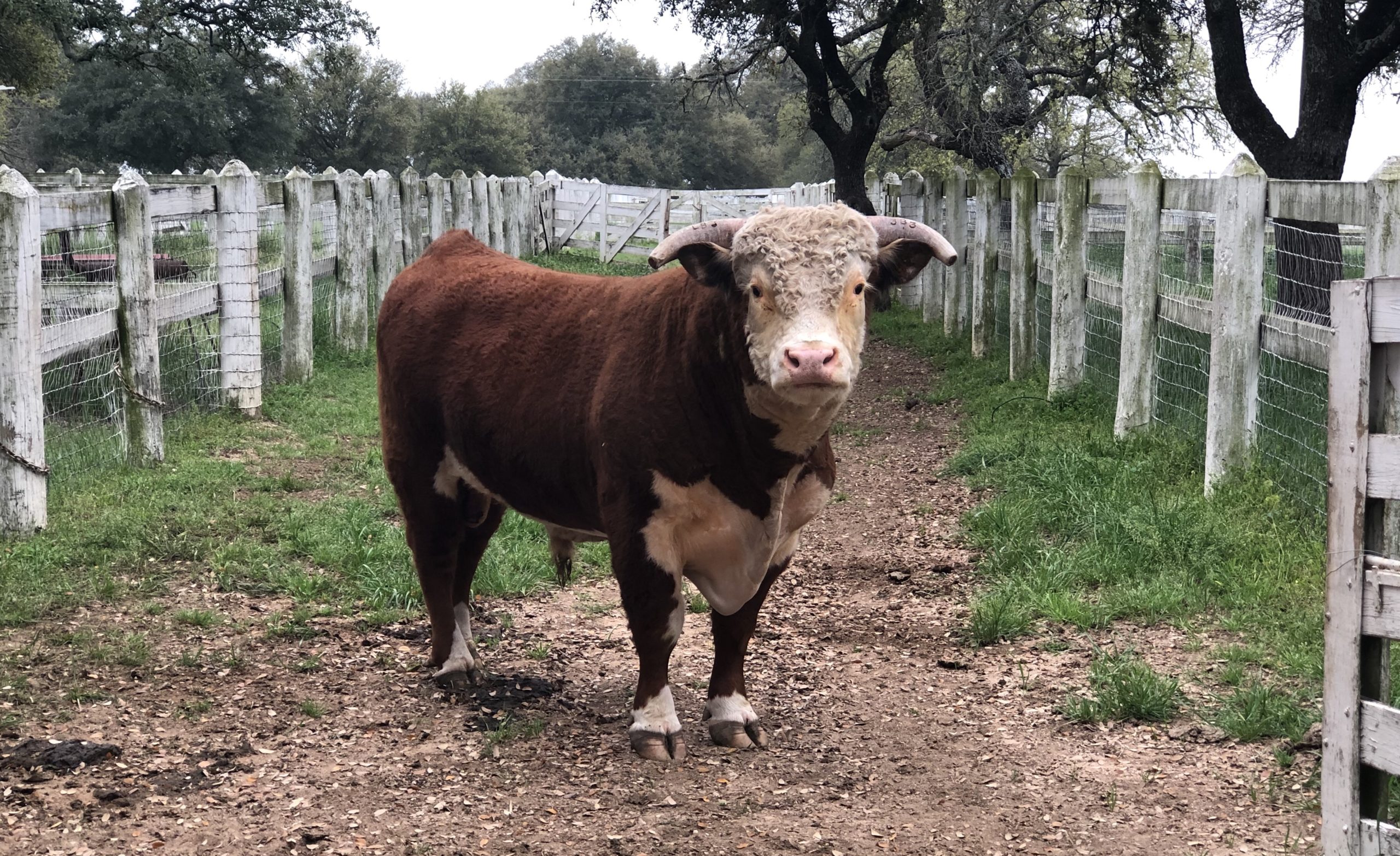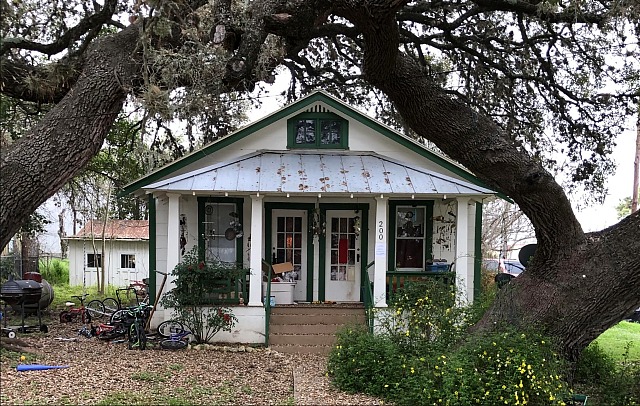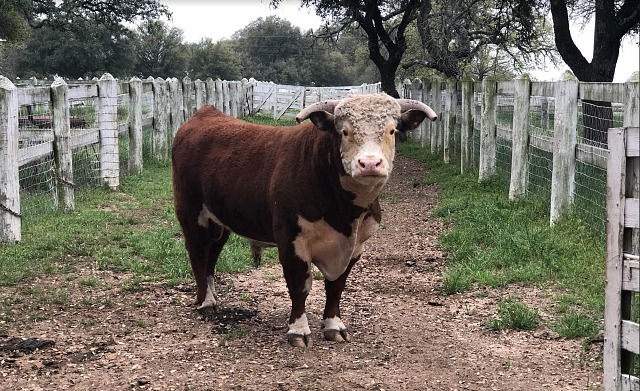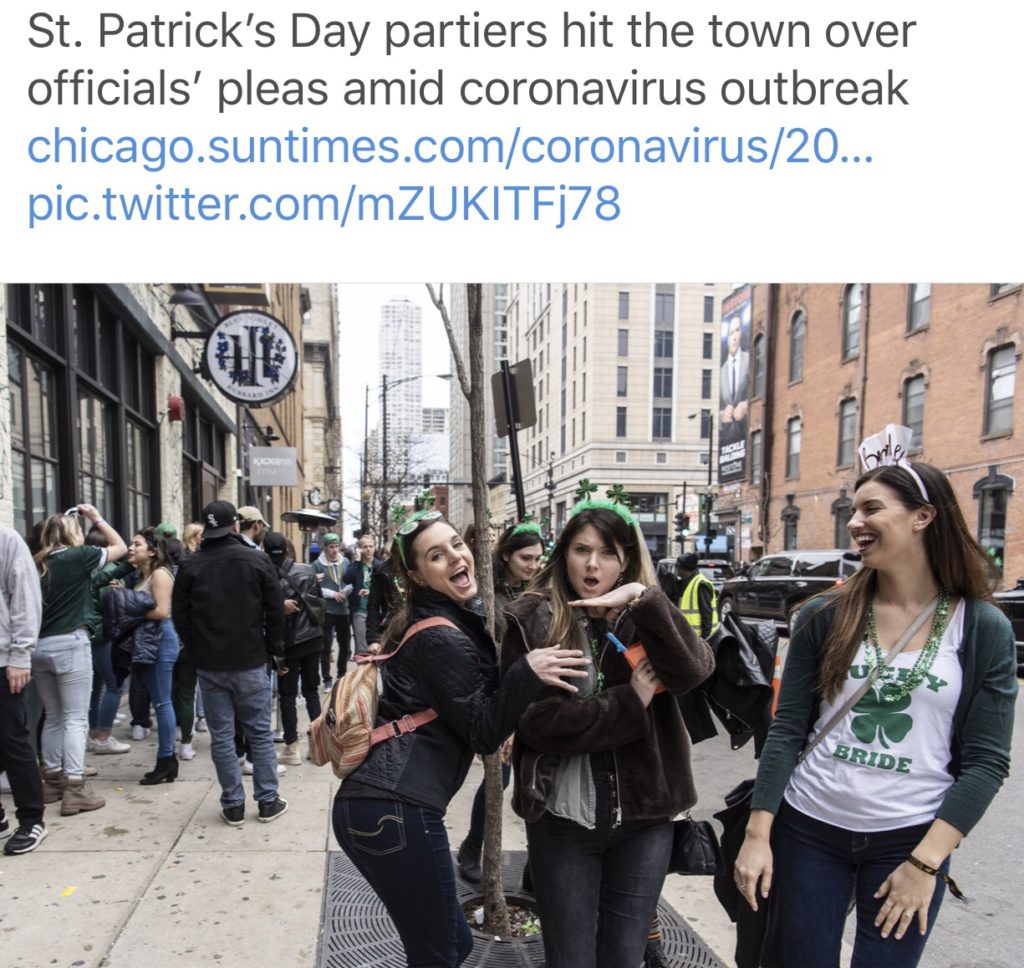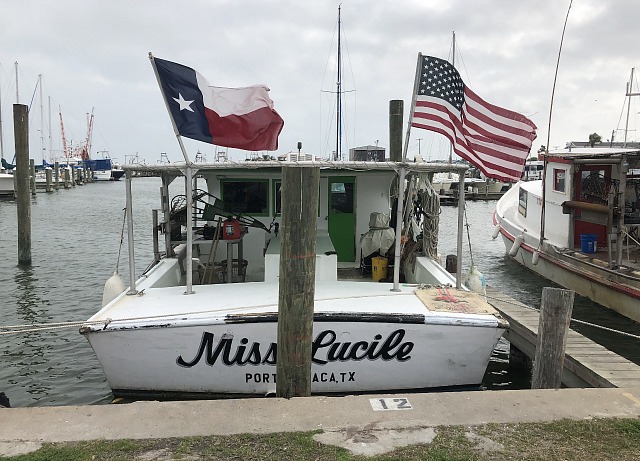Didn’t we just do the whole Wayne Williams thing with season #2 of Mindhunter?
It’s a fact that Williams (now 61) is (a) serving life imprisonment for the 1981 killings of two adult men in Atlanta, and (b) is believed by police to be responsible for at least 23 of the 30 Atlanta murders of 1979–1981, aka the Atlanta Child Murders. Although Williams was never tried for killing kids and has long maintained his innocence, there have been no similar killings of young black men since he came under suspicion in May 1981.
And yet Atlanta’s Missing and Murdered: The Lost Children, a forthcoming HB0 documentary, seems to suggest that because Williams was never charged, much less convicted, for any of the 23 for lack of hard evidence, that his guilt is an open question and that others might have been responsible. Yeah, maybe, but how come the child murders stopped after May ’81?
Documentary quotes: (1) “‘We found the killer, and that’s it’, but that really wasn’t it“; (2) “People saying this has to be the Klan or some crazy cop, but nobody really knew anything”; (3) “They didn’t follow those leads…[instead] they chose one [suspect]”; (4) “Elected officials did not want this [murder investigation] to go on” and so they decided to pin the killings on Williams and be done with it.

